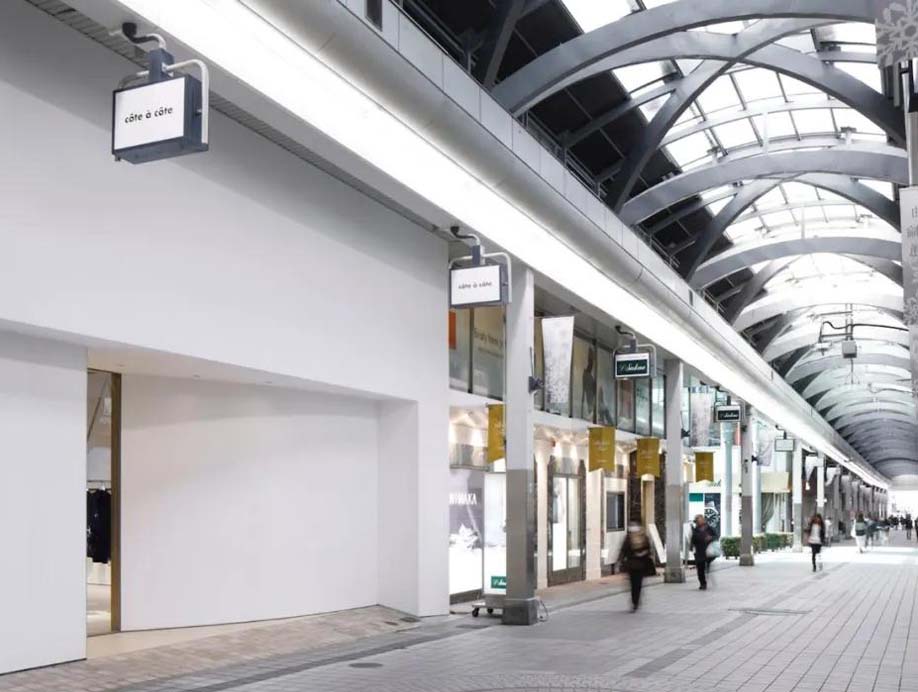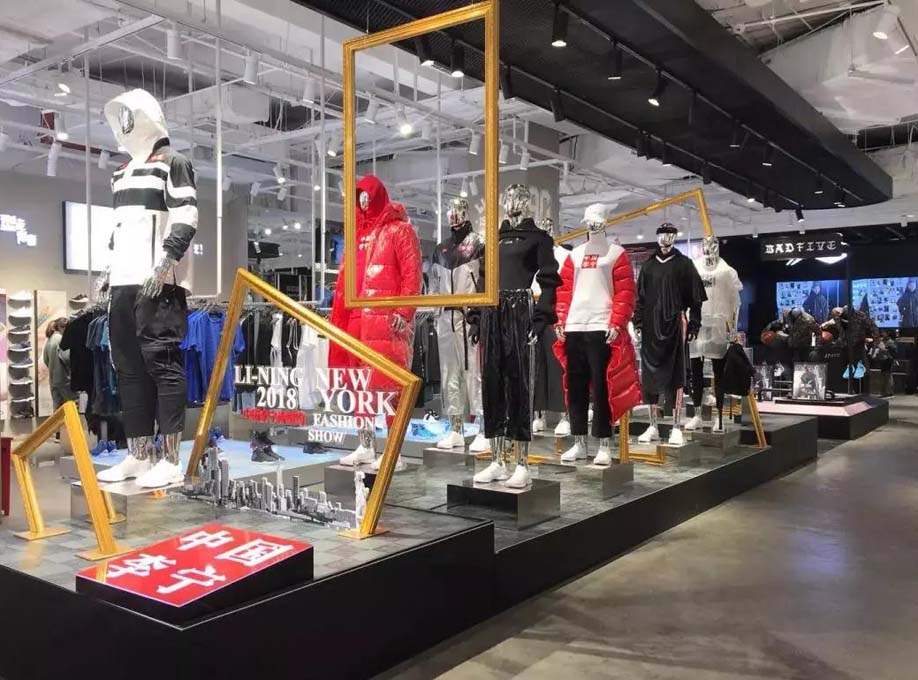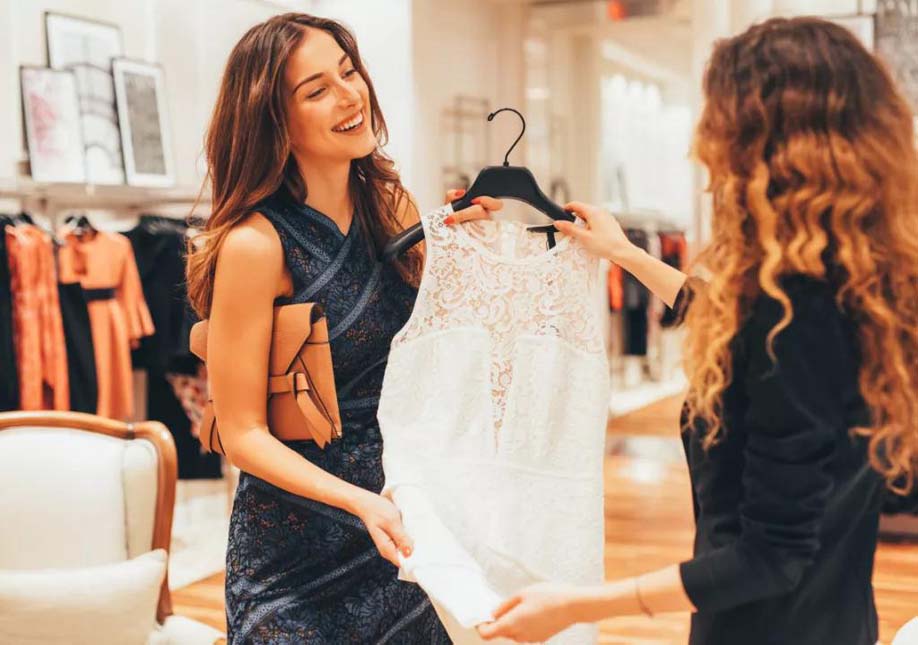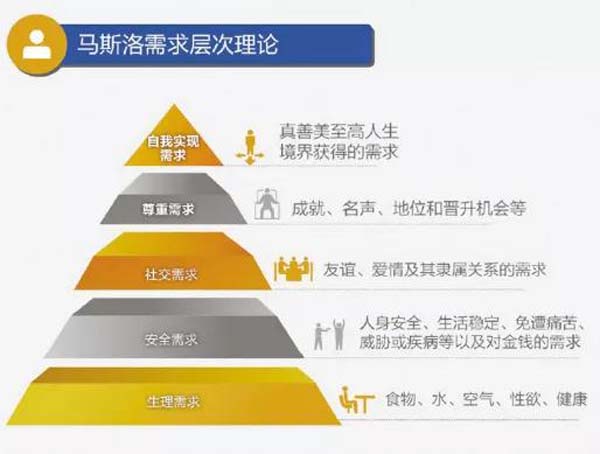The impact of the epidemic on the clothing industry has ushered in 5 major ch...

1. About Profitability
1.1. Integrating offline and online operations, and upgrading on the spot
A storm has blown away fashion and even disrupted the economy. Compared with the SARS crisis in 2003, this time the "chill" is even worse.
First, the store closure wave hit:
Uniqlo: Close 270 of 750 stores in the Chinese market
H&M: Close all stores in Wuhan, a total of 13
Levi's: Close about half of the stores in China
Adidas: Temporarily close some stores in China, and said it will have a negative impact on short-term performance
SimSun;">Nike: Closed about half of its stores in China, UBS released a report saying that its performance from mid-January to the end of February will plummet by 70%
Burberry: Closed 24 of 64 stores in the Chinese mainland market

1.2. Another cash flow tragedy
"The biggest problem brought about by the epidemic is cash flow. "Xu Weidong, chief academic officer of Shanghai Dongzhou Fashion Academy, believes that whether it is a direct sales retail mannequin or a franchise system, the biggest difficulty after ceasing business is cash flow. So what's the main problem behind this situation? A single profit mannequin. Previously, with the exception of major brands accelerating the integration of offline and online operations, most small and medium-sized clothing stores completely ignored this trend. Even in 2019, when live streaming was booming, they ignored it and completely missed the opportunity. But now, store owners have realized that relying solely on physical stores isn't enough. Consequently, they've begun actively adjusting their strategies, upgrading their operations and focusing on online sales. Every day, thousands of people compete with Li Jiaqi and Viya for business.

Inman, linked up with more than 600 store owners across the country to carry out community marketing;
Everly, through the community, timely self-rescue, took advantage of the momentum to promote the full channel of members;

2. About customers
Motherly Love Algorithm → Fatherly Love Algorithm → Best Friend Algorithm
If you want to avoid being "betrayed", you have to re-understand your relationship with consumers.
In fact, the relationship between us and consumers has undergone two iterations—from "motherly love" to "fatherly love", and now I think it should be transformed into "best friends".
What is the difference between them?
Motherly love sales = you give the user what they want;
Fatherly love sales = I tell you what is good, just listen to me;
Best friend sales = I listen to your needs and then filter out the best ones. These key points are not about sales, but about who is qualified to be a “mother”, “father” and “close friend”? The editor believes that for store owners, you need to be much more cognitively advanced than most of the audience, and your aesthetic level must reach a certain level, and consumers must have enough trust in you before you can qualify as a “close friend”. When you become a "close friend," your brand power will expand. Never think that brand power requires a lot of effort. When you capture the hearts and minds of customers with high-quality content, products, and services, and they think of you first every time they shop, that's a demonstration of brand power. But all of this is based on your professionalism and passion for the apparel industry, as well as your sincerity towards your customers. This epidemic will surely make clothing store owners cherish every customer even more.

3. About marketing
Ensure quality and quantity, and tell a good story
We can see the needs of consumers, so we must seize these needs and meet them. How to do this?
First, ensure that the product is good from beginning to end; second, use activities or stories to build momentum for yourself. Doing business the way we did ten years ago is no longer viable. These days, even the best wine needs a distant niche. Without marketing, you'll inevitably be left far behind by your competitors. Consider how, once the pandemic hit, brands like Peacebird and Gloria, which already prioritized online operations, leveraged their strengths to maintain their popularity. What about brands that previously prioritized online operations? Tell a story. For example, many brands are currently choosing to switch to producing protective clothing and masks, or donating supplies to hard-hit areas. During this period, the more positive stories a brand spreads, the more likely it is to be remembered by consumers, and this will lead to a shift in consumption. Just like the sayings before, "I owe Lost in Russia a movie ticket" and "I owe Bosideng a down jacket," the same principle applies. Is marketing alone enough? Of course not. What's more important is the stable quality of these brands themselves. Stable marketing and stable products will ensure consumers' continued trust. Therefore, during the epidemic, we cannot relax our focus on products, but we must also pay attention to marketing. This is what we call "guaranteeing quality and quantity, and telling a good story." The epidemic will force consumers to redefine clothing brands, and in turn, it will make every clothing store owner pay more attention to marketing and ensure quality.

4. About cognition
The farther you see, the faster you become, and the longer you live
Three years ago, the clothing industry competed for traffic, data, and hot products;
Three years later, the clothing industry competes for results, conversion, and thinking.
Personally, I believe that the most important thing for store owners right now is whether they have the ability to think outside the box and quickly regroup in the face of every sudden attack.
We can see from market trends in recent years that after every "disaster," the businesses that survive are those that actively embrace change. During the SARS outbreak in 2003, JD.com launched its online sales mannequin, which gradually evolved into one of the two major e-commerce platforms today. Following the 2017 wave of store closures, Li Ning closed 178 stores, optimizing its experience-based stores and focusing on expanding its "large-scale" retail strategy. Following the impact of e-commerce in 2018, Heilan Home partnered with Tmall to upgrade all 5,000 of its offline stores to new retail "smart stores." These individuals, who once braved the odds, have risen to become industry leaders. Rather than being crushed by the crisis, they have risen against the tide and unleashed their potential. The same is true for us during this epidemic. According to Maslow's hierarchy of needs, consumers will prioritize safety in the short term, reducing their spending on clothing. However, once the epidemic is over, consumption generally rebounds. Clothing consumption will also see a temporary increase. While we may be caught off guard at this moment, the epidemic will also heighten consumers' pursuit of health, aesthetics, and quality of life. Just as after the Wenchuan earthquake, the Sichuan market quickly became a key target for all industries. Those who have experienced and felt the disaster up close are more willing to spend.

5. About Mentality
Stay ambitious anytime, anywhere
To be honest, the business people I know are very discouraged during this period. They think that customers can't go out and there is no need to dress up, so they have started to close their shops? In fact, staying home doesn't mean we don't need fashion. The more irritable and depressed we become, the more we need beauty to adjust ourselves. The recent trend on Weibo of photos of people using various items gives us some idea of this. Furthermore, the popularity of short video platforms has enabled many people to share their outfits from home, a phenomenon we call "cloud fashion." This shows that even when people can't leave their homes, their desire for fashion and beauty remains. Furthermore, as of June 30, 2018, the number of internet users in my country had reached 802 million, of which 569 million were active online shoppers. Since demand persists, we must learn to profit from adverse trends. Maintain ambition and hold onto hope. Even while working from home, we must uphold the fundamental virtues of a fashion industry professional. Staying calm, not discouraged, and not giving up is the best "battle state" at this moment. Therefore, this storm is not only a challenge, but also a form of growth. For clothing store owners, 2020 has become a new decade of hard work. It not only tests their strength but also hones their resolve.
